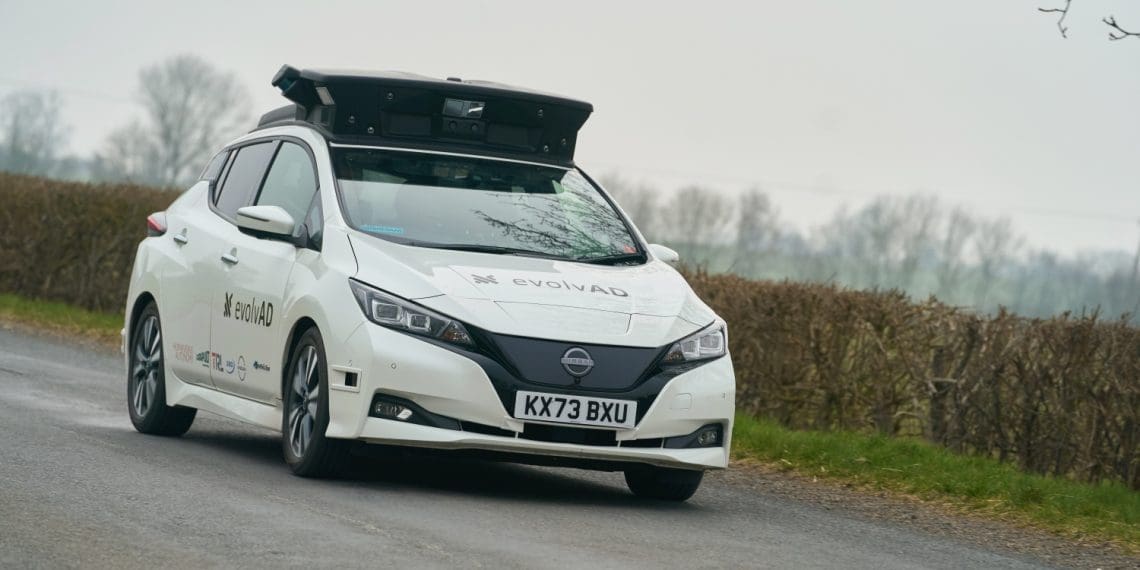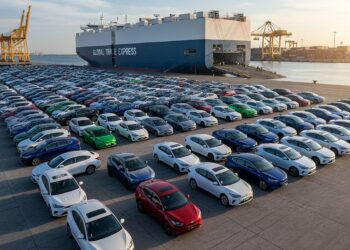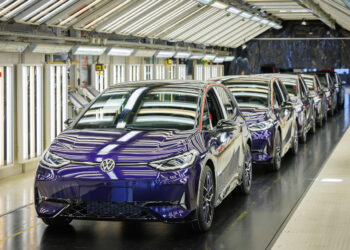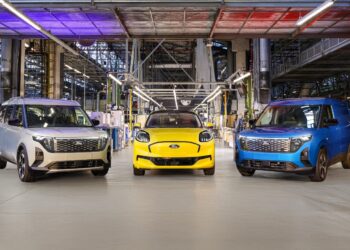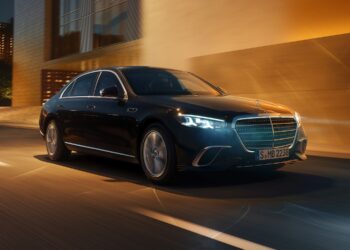A survey conducted by Nissan shows that people want future technology to help them remain independent as they age.
In this regard, autonomous driving can significantly contribute to greater autonomy for the elderly. Recently, the Japanese brand successfully concluded a research project on autonomous vehicles on the rural roads of Bedfordshire, UK, where a 93-year-old grandfather endorsed the autonomous driving technology currently being developed by Nissan—stating that it has the potential to maintain mobility and independence for older drivers like himself.
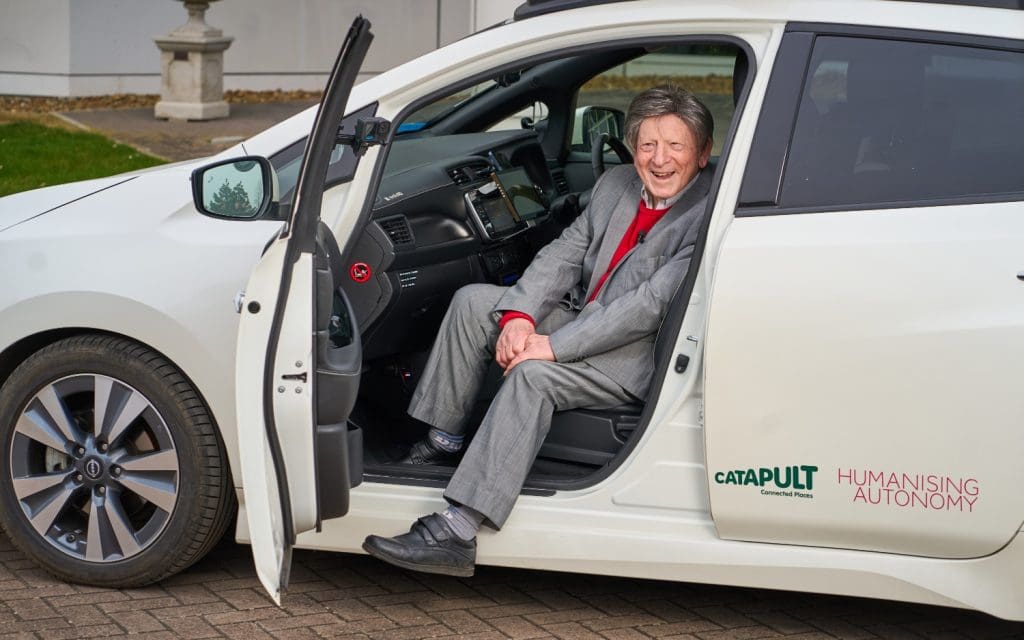
Brad Ashton, from Enfield, experienced the innovative technology when Nissan marked the culmination of its research project. Brad was invited by Nissan to take a drive on the rural roads near the company’s technical center in Cranfield, where work on autonomous driving systems is progressing well.
Currently, the 93-year-old drives a Nissan Micra that he uses to help care for his wife, Valerie, as her primary caregiver, and to visit a bakery in Cockfosters, not far from their home. The couple has been married since 1961.
Reflecting on his autonomous driving experience, he stated: “New technologies like this are fantastic, and it is important to embrace them”.
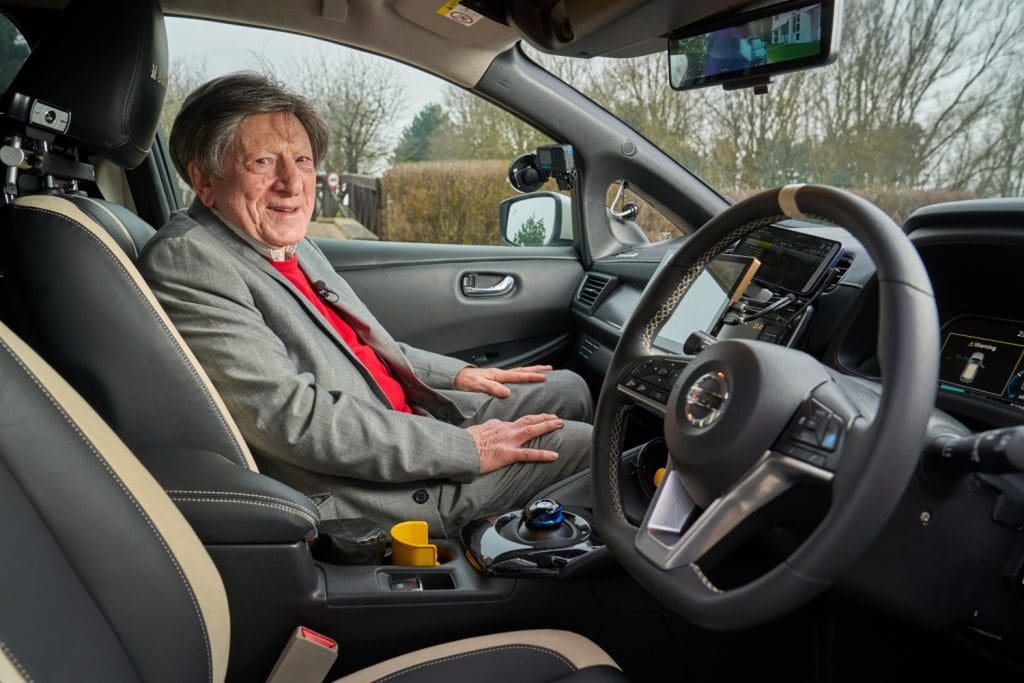
“In 1947, cars were different – you had to start them with a crank – so I’ve always wondered what cars of the future would be like – and this is it. I was very proud to be the first older person to experience this car”, adding that “it was exciting to drive on these winding rural roads with the team – I thought I would feel scared or worried, but I felt safe and relaxed throughout the entire experience”.
Brad’s journey coincided with the release of the results of a major survey commissioned by Nissan, focused on how technology can help older people combat the dual issues of loneliness and isolation.
The survey, conducted by “OnePoll” and involving 1,000 participants over the age of 70, revealed that more than half of respondents stated they would feel incapable if they had to stop driving, and nearly two-thirds (63%) emphasized the importance of not having to depend on others for daily transportation needs, such as going shopping or visiting friends.
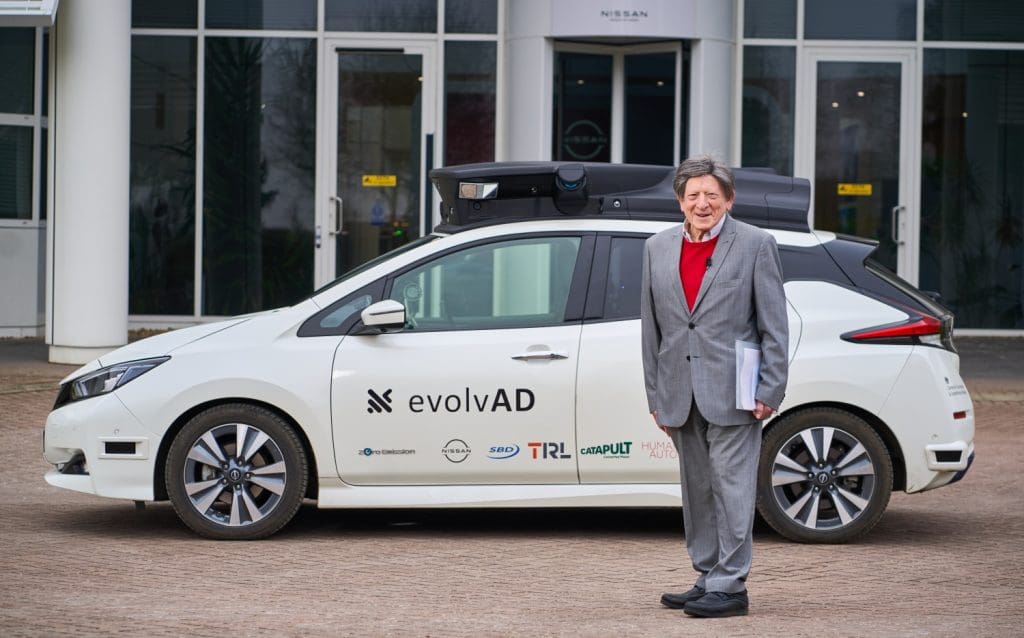
Already, 64% of respondents stated that they would like the “inventions of the future” – such as driverless cars – to help them remain independent, with one in five saying they would gladly take a ride in an autonomous vehicle if it helped them maintain mobility without assistance.
Mobility is also vital for helping older people maintain the much-valued face-to-face contact with others, with 21% stating that they prefer to communicate in person with friends and family rather than using an online alternative.

